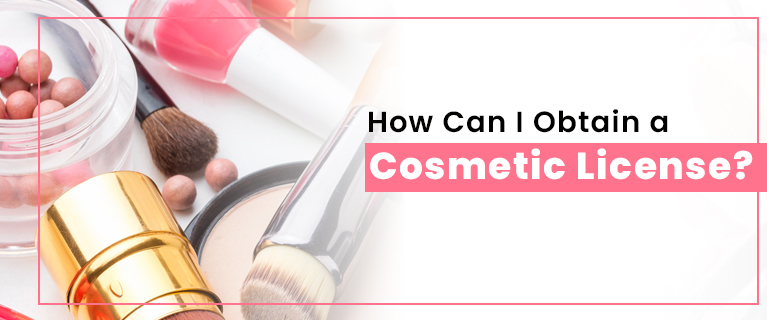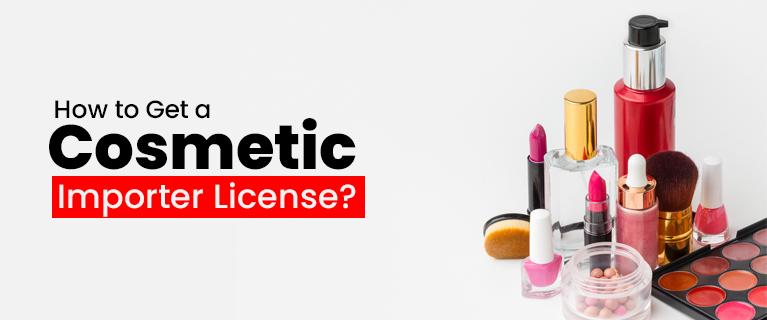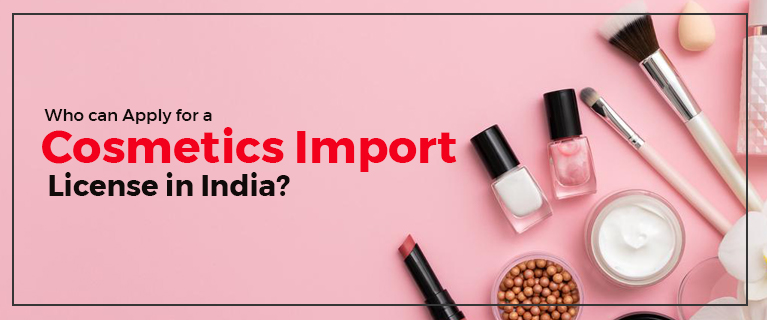What are the Documents Required to Get a Cosmetic License?
To obtain a cosmetic license in India, you need to submit a set of documents and comply with the regulations laid out by the Central Drugs Standard Control Organization (CDSCO) under the Drugs and Cosmetics Act of 1940, and the Rules of 1945. The specific requirements may vary depending on the type of cosmetic product and your role in the cosmetic industry (e.g., manufacturer, importer, or distributor). Here is a general list of documents typically required for obtaining a cosmetic license in India:
1. Application Form: A duly filled and signed application form for the cosmetic license. The application form can be obtained from the CDSCO or the respective State Drugs Control Authority's website.
2. Covering Letter: A covering letter introducing your company and explaining the purpose of the application.
3. Prescribed Fees: The applicable fees for processing the license application. The fee amount can vary based on the type of cosmetic and the scope of the license (e.g., manufacturing, import, or sale).
4. Formulation Details: Detailed information about the cosmetic product, including its formulation, composition, and intended use. This should include a list of ingredients used in the product, their quantities, and their functions.
Read also this -: Navigating the Cosmetic Importer License in India5. Product Labels and Packaging: Samples of the product labels and packaging design, including the layout, text, and any claims made on the labels.
6. Safety Data: Safety data for the cosmetic product, including data on product stability, microbiological testing, and any safety assessments conducted.
7. Manufacturing License (if applicable): If you are a manufacturer, you must provide a copy of your manufacturing license issued by the State Drugs Control Authority.
8. Import License (if applicable): If you are an importer, you must provide a copy of your import license issued by the State Drugs Control Authority.
9. Authorization Letter (if applicable): If you are appointing an authorized agent or a registered agent in India for your cosmetic business, you should provide an authorization letter for the agent.
10. GMP Compliance (if applicable): If you are a manufacturer, you may need to demonstrate compliance with Good Manufacturing Practices (GMP) by providing relevant documentation and records.
11. Notarized Affidavit: An affidavit declaring that the cosmetic product does not contain any prohibited ingredients or substances that are banned by the regulatory authorities.
12. Test Reports: Any required test reports or data related to product quality, safety, and efficacy. These may include stability testing reports, microbiological testing reports, and safety assessment reports.
13. Proof of Address: Documents verifying the physical address of your business premises, such as a lease agreement, utility bills, or property documents.
14. Trademark Registration (optional): If you have a trademark for your cosmetic product, you can provide a copy of the trademark registration certificate.
Read also this -: How to Apply for Cosmetic License Registration15. Authorization for the Registered Testing Laboratory (if required): If you are relying on testing conducted by a registered testing laboratory, you should provide an authorization letter allowing the laboratory to share test reports with regulatory authorities.
Conclusion
In conclusion, obtaining a cosmetic license in India is a meticulous process that demands careful attention to regulatory requirements and documentation. By providing the necessary documents and adhering to the guidelines established by the Central Drugs Standard Control Organization and the respective State Drugs Control Authorities, businesses can navigate the licensing process successfully. Complying with these regulations not only ensures the legal sale of cosmetics but also contributes to consumer safety and product quality. As the cosmetic industry continues to evolve, staying informed about regulatory updates and seeking professional guidance can help businesses thrive in this dynamic market while maintaining the highest standards of compliance.




Comments
Post a Comment